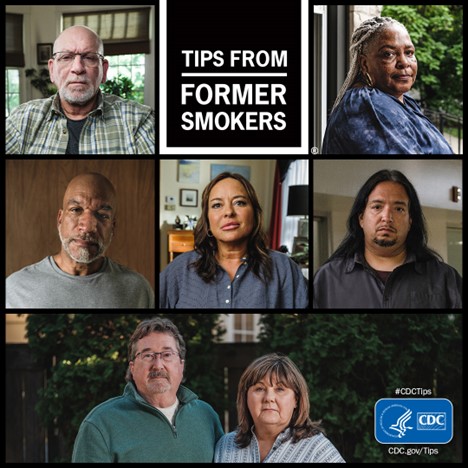March 19, 2024
The Community Health Corner
Submitted by Stephanie Gutierrez

The National Extension Framework for Health Equity and Well-being recommends using community development strategies and health literacy programs to ensure that everyone has a fair and just opportunity to be as healthy as possible. The following resources help us improve well-being for all, and achieve Healthy Kansas 2030 and Healthy People 2030 objectives.
Preparedness for Health Emergencies: Recently, TFAH released the report Ready or Not 2024: Protecting the Public’s Health from Diseases, Disasters, and Bioterrorism. The report assesses state preparedness for health emergencies based on nine key indicators and tiers states and the District of Columbia into three performance categories: high, middle, and low. This year’s report placed 21 states and DC in the high performance tier, 13 in the middle performance tier, and 16 in the low performance tier. In addition, the report gives policymakers and health officials actionable data and recommends policies to improve the nation’s emergency preparedness. This year's report also includes a special section on the health impacts of extreme heat and the disproportionate risks for certain population groups.
Pain In the Nation: In 2017, TFAH began the Pain in the Nation report series to examine the alcohol, drug, and suicide crises in the United States. When the series began, drug-induced causes accounted for 55,403 deaths per year, a rate of 17.2 deaths per 100,000 people. The first Pain in the Nation report projected that, if mortality trends held steady, drug-induced deaths would reach 28.4 deaths per 100,000 people in 2025. That projection was low and was reached by 2020. Learn more about the Pain in the Nation Report here.
Tips From Former Smokers: The Tips campaign uses approaches to address health disparities in pursuit of health equity by increasing the reach, representation, receptivity, and accessibility of smoking cessation messages. The campaign profiles real people from many different backgrounds impacted by serious long-term health effects from smoking and secondhand smoke exposure. Tips also features compelling stories of the toll these smoking-related conditions have taken on family members. Learn more about the Tips campaign here.
For more information, contact Elaine Johannes, ejohanne@ksu.edu; and Stephanie Gutierrez, smgutier@k-state.edu